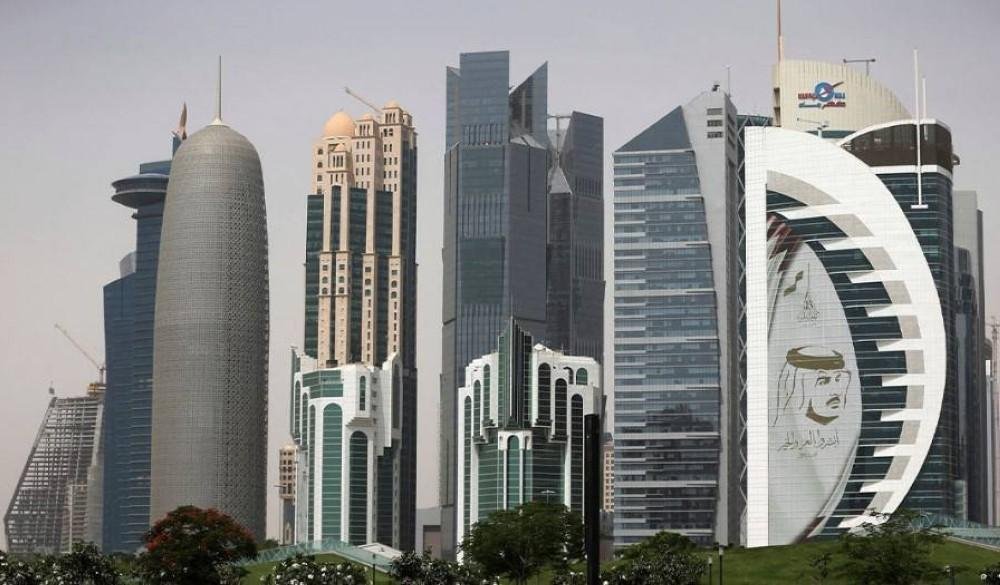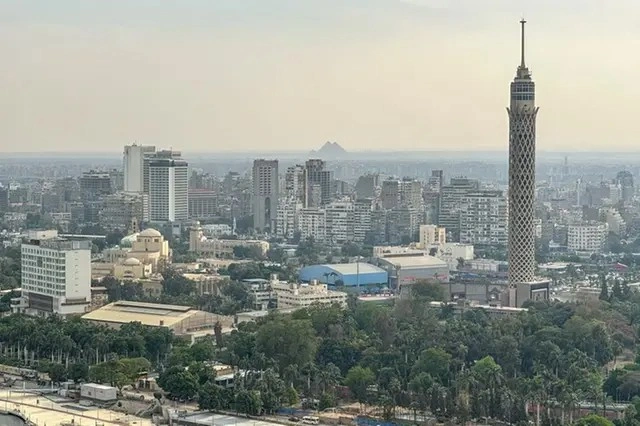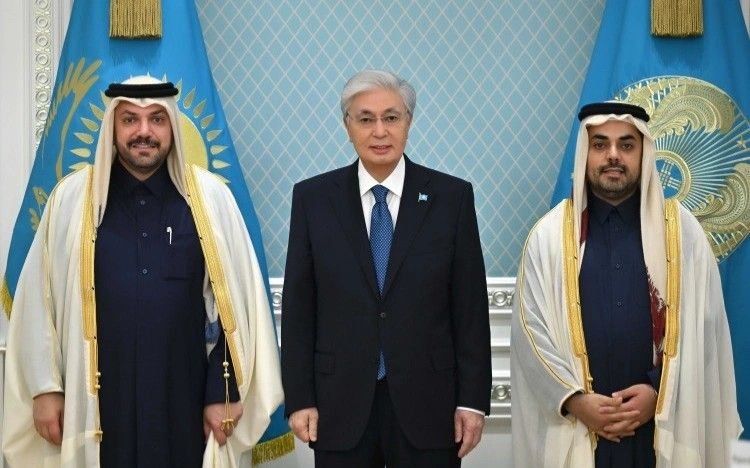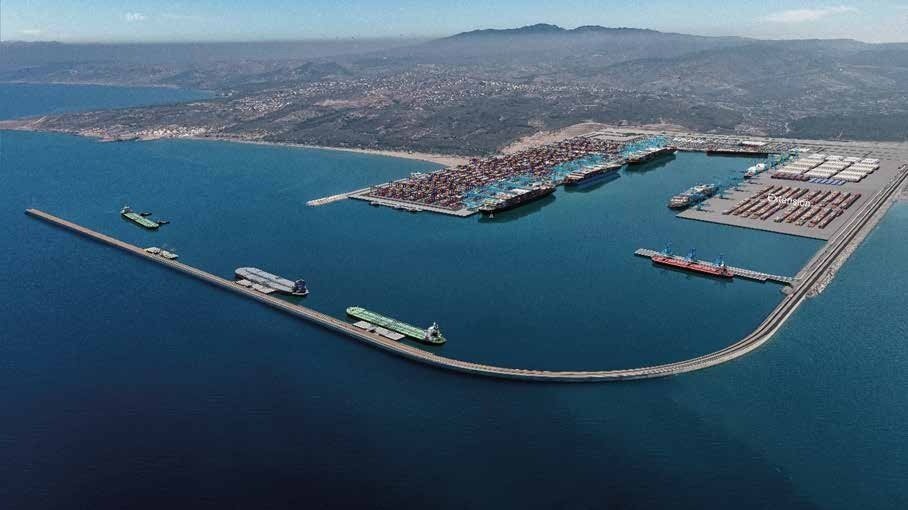The 2025 Arab Scientific Journals Impact and Citation Report (ARCIF) has ranked Qatar as the leading Arab nation in engineering and technology, reflecting the country’s growing prominence in scientific research and innovation. The findings were announced in ARCIF’s tenth annual report, published by the Ma’arefa Database in Amman, Jordan.
According to Dr. Sami Al Khazendar, Head of the ARCIF initiative, the milestone report represents a decade of comprehensive tracking and evaluation of Arab scientific output. “ARCIF has moved Arab scientific production from invisible space to global recognition,” he said, highlighting that the impact factor has become a trusted regional benchmark for evaluating journal quality and influence.
The 2025 report analyzed data from 5,500 scientific journals published by 1,500 institutions across 20 Arab countries, along with eight international publishers producing Arabic-language journals. Of these, 1,272 journals met ARCIF’s 32 internationally recognized standards.
The study also examined the contributions of 364,000 Arab authors and over 956,000 scientific papers, noting that 111,000 authors had received citations. Compared to 2016, the region recorded a 367% increase in accredited journals, an 870% rise in published papers, and a 6,800% surge in cited Arab authors — signaling unprecedented growth in regional research output.
In overall rankings, Algeria led with the most accredited journals (426), followed by Egypt (364), Iraq (122), Saudi Arabia (75), and Jordan (45). Egypt topped in overall impact factor, followed by Saudi Arabia. At the field level, Qatar ranked first in engineering and technology, Egypt led in economics, social sciences, education, law, and media, while Saudi Arabia excelled in Arabic language and literature.
Dr. Al Khazendar also underlined the growing Arab commitment to publishing in Arabic, noting its importance in fostering innovation and knowledge-sharing. The 2025 digital edition of the ARCIF report will be accessible at emarefa.net/arcif by the end of the year, offering policymakers and academics valuable insights into the region’s evolving scientific landscape.
ARCIF operates under a Coordinating Council that includes representatives from UNESCO’s Regional Bureau for Education in the Arab States (Beirut), ESCWA, and the Ma’arefa Database, supported by a scientific committee of Arab and international experts.















